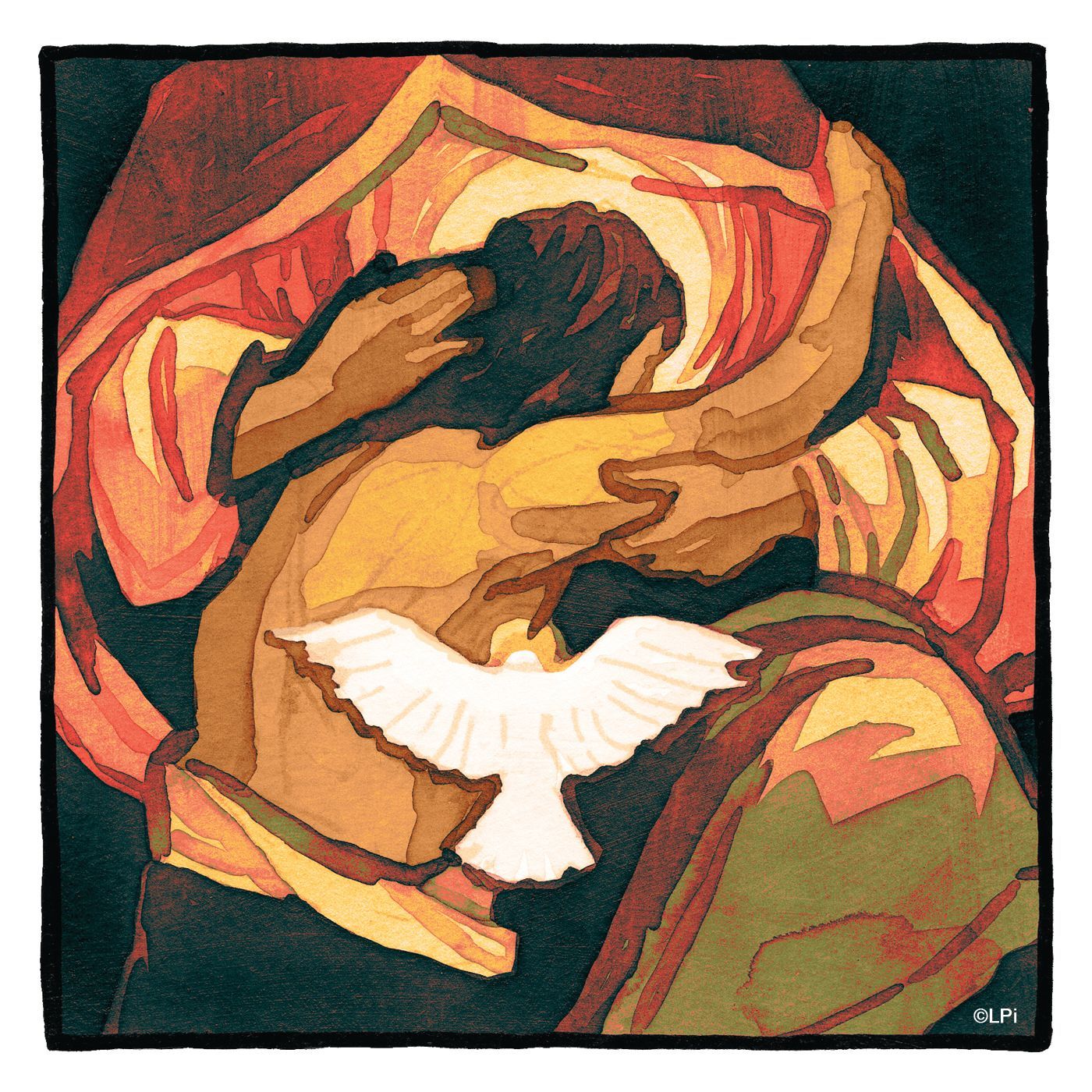2nd Sunday of Advent C December 8, 2024
2 nd Sunday of Advent C
December 8, 2024
It has been said that “those who do not know history are doomed to repeat it”. It has also been said that “history is so boring. “The list of historical figures at the start of today’s gospel can leave us wondering why we need all these names, most we have never heard of.
When we read Luke’s account of the birth of Jesus we have more names, In those days a decree went out from Caesar Augustus * that the whole world should be enrolled.
This was the first enrollment, when Quirinius was governor of Syria.
So, why all these names in the accounts of John and Jesus? These names place John and Jesus in the history of the world. When John says he is “preparing the way” the way is not for an imaginary character, but for a real live person, someone who is part of our history.
In the next few weeks, we will be replaying lots of history, “Do you remember the time we had the snowball fight?” “Do you remember when the tree fell over, and grandma’s ornaments were broken?”
History is part of who we are. In this season we are tempted to look back, yet this season is about looking forward. Our savior has been born, died, rose, and ascended. We now watch and wait for his return.
Our waiting is not a hopeless waiting, we look for and see signs of the Christ in our midst. Another aspect of this season is stories of conversion, Scrooges and Grinches become Santa Clauses.
We find joy in the hopes of the Christ child. Our readings today speak of joy. Our Psalm speaks of joy . “ The Lord has done great things for us; we are filled with joy.”
St. Paul, writing from jail, speaks of joy . Brothers and sisters: I pray with joy in my every prayer for all of you,
Joy is a hallmark of this time of year. Joy is also one of the fruits of the spirit. Those who express joy are full of the spirit.
In Advent, we await the coming of the Christ. We seek and find signs of the Christ at work in the hearts of men and woman, and when we see this we are filled with joy.




